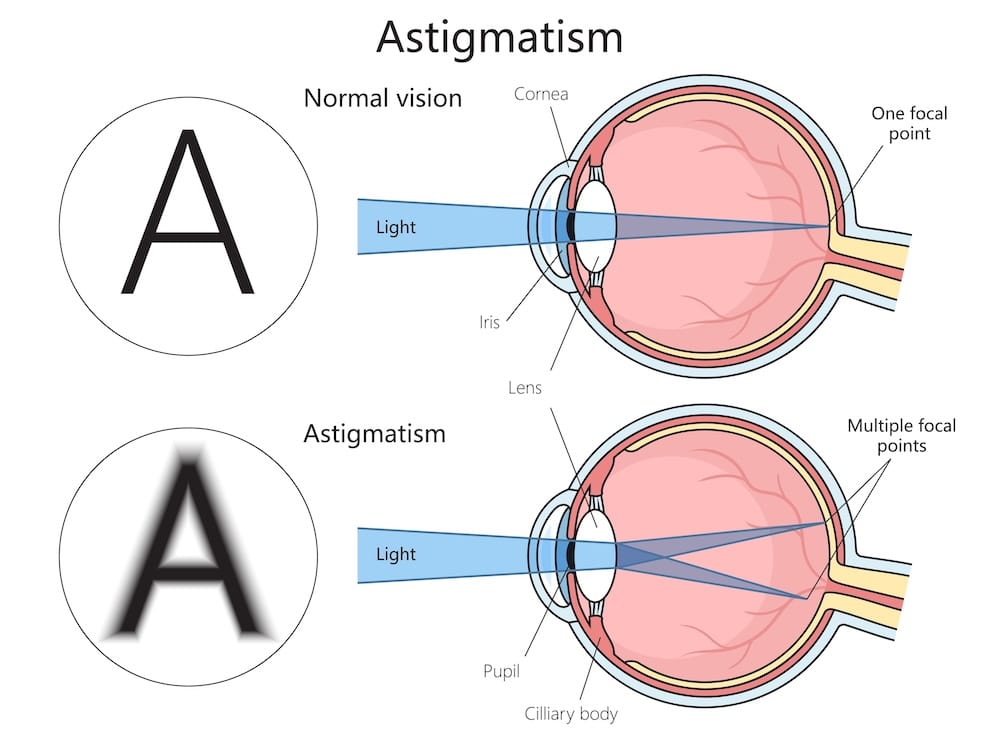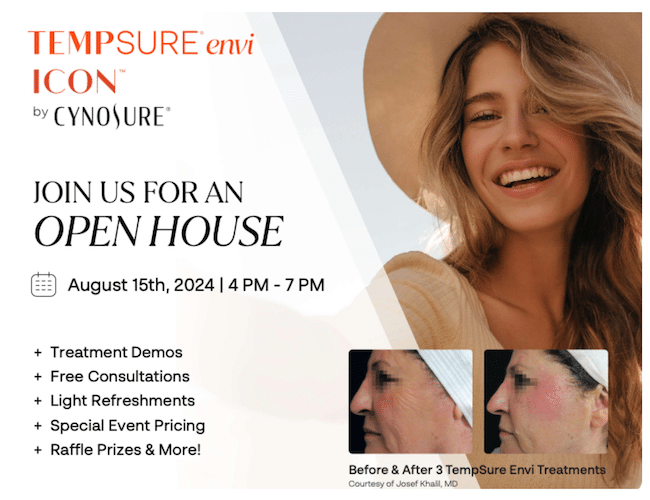If you’ve noticed your vision isn’t as sharp as it used to be—maybe things look a little fuzzy, or it’s hard to focus when you’re reading or driving at night—you’re not alone. Blurry vision is one of the most common complaints people have when it comes to their eyes, and it can be caused by a variety of factors. Eye strain, nearsightedness, farsightedness, and even dry eye can all play a role. But one often-overlooked culprit is astigmatism.
Because the symptoms of astigmatism can overlap with other eye conditions—like frequent headaches, eye fatigue, and squinting—it’s important to get a proper diagnosis. That’s where regular comprehensive eye exams come in. An astigmatism test is a simple part of the exam, and a licensed optometrist can walk you through your options, from glasses to other corrective solutions.
If you’re in Nashville, Music City Optical is the best place to start. Known for their personalized approach and advanced technology, this top-rated Nashville Optometrist will help you find out whether you need glasses for astigmatism or if there’s another issue affecting your sight. They’ll also help answer questions and guide you through the best plan for your long-term eye health. Make your appointment today!

What is an Astigmatism?
You might be wondering, “What is astigmatism?” The truth is, astigmatism is more common than you might think—and it can affect anyone at any age. It happens when the shape of your eye prevents light from focusing properly on the retina, leading to distorted or blurred vision at all distances.
Astigmatism is a common refractive error, much like nearsightedness or farsightedness, but it works a little differently. The Cornea, which is the clear front surface of your eye, should be perfectly round. Often, though, there are variances in the shape. When this variance gets severe so that your Cornea is shaped a little more like a football than a basketball, it causes an uneven curvature in your eye, which causes light to bend in more than one direction.
The result of this is that it’s difficult for your eyes to focus properly. So, instead of seeing a crisp, clean image, you get blurred or distorted vision. Some people are born with it, while others may develop it over time. These changes often appear alongside other refractive errors, making them even more challenging to pinpoint without a professional astigmatism test.
Symptoms of Astigmatisms
The tricky thing about astigmatism symptoms is that they don’t always scream “eye problem.” You might just feel a little tired after looking at a screen for too long or think your glasses prescription is just a bit off. But if you’re experiencing any of the following on a regular basis, it’s worth getting checked out by our experienced Nashville Optometrist.
- Blurry or distorted vision, up close or far away
- Headaches, especially after visual tasks like reading or driving
- Eye strain or fatigue
- Squinting frequently
- Difficulty seeing at night
If you’re experiencing these symptoms, rest assured that we’ll conduct thorough tests and suggest the best astigmatism treatment for your case.

Do You Need Glasses for Astigmatism?
Once you’ve been diagnosed, you have several options for treatment. The most common—and often most effective—solution is wearing astigmatism glasses that are specially designed to correct the way light enters your eyes. Contact lenses or even refractive surgery like LASIK may be recommended for some people, depending on the severity of the condition and your overall eye health.
Can Astigmatism Go Away?
The short answer is no—it doesn’t usually go away on its own. But with the proper corrective lenses or treatment plan, it’s completely manageable. In fact, many people go years without realizing they have it simply because they’ve never had a comprehensive eye exam.
If you’re struggling with blurry vision, a professional eye doctor can help you make the correct diagnosis. The team at Music City Optical is home to the best eye doctor in Nashville and is skilled at diagnosing and treating all types of vision problems, including astigmatism. We’ll help you see clearly again—with personalized recommendations that suit your lifestyle and vision goals. Make your eye exam appointment today!


